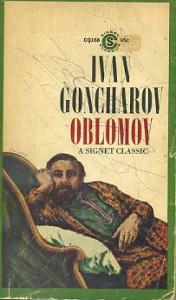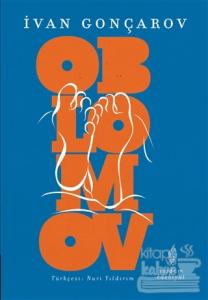
İkinci El
The novel evolved and expanded from an 1849 short story or sketch entitled "Oblomov's Dream". The novel focuses on the midlife crisis of the main character, Ilya Ilyich Oblomov, an upper middle class son of a member of Russia's nineteenth century landed gentry. Oblomov's distinguishing characteristic is his slothful attitude towards life. While a common negative characteristic, Oblomov raises this trait to an art form, conducting his little daily business apathetically from his bed.
While clearly comedic, the novel also seriously examines many critical issues that faced Russian society in the nineteenth century. Some of these problems included the uselessness of landowners and gentry in a feudal society that did not encourage innovation or reform, the complex relations between members of different classes of society such as Oblomov's relationship with his servant Zakhar, and courtship and matrimony by the elite.
İkinci El
The novel evolved and expanded from an 1849 short story or sketch entitled "Oblomov's Dream". The novel focuses on the midlife crisis of the main character, Ilya Ilyich Oblomov, an upper middle class son of a member of Russia's nineteenth century landed gentry. Oblomov's distinguishing characteristic is his slothful attitude towards life. While a common negative characteristic, Oblomov raises this trait to an art form, conducting his little daily business apathetically from his bed.
While clearly comedic, the novel also seriously examines many critical issues that faced Russian society in the nineteenth century. Some of these problems included the uselessness of landowners and gentry in a feudal society that did not encourage innovation or reform, the complex relations between members of different classes of society such as Oblomov's relationship with his servant Zakhar, and courtship and matrimony by the elite.







